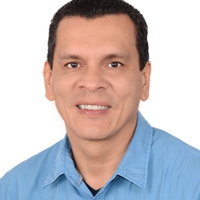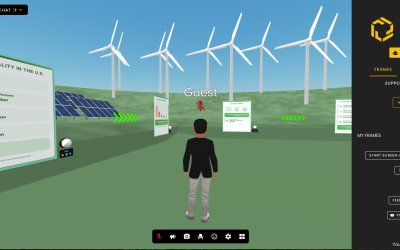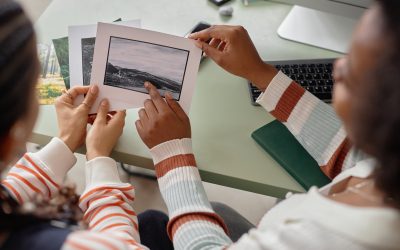In general, most Latin-American countries have been recognized for their abundancy in different environmental resources, but just as it is happening in the rest of the world, those resources have been actively used and they are going down rapidly.
That is why Colombia has started to follow the global tendency in a transition to a Circular Economy supported by living labs projects. In a constantly changing world where virgin resources are increasingly limited, it is necessary to transition to a circular operating system (Lakatos et al., 2023).
Colombia, in its beginnings with the topic of living labs several years ago, created some proposals where a model can be observed more towards the use and management of ICT in some contexts than in the generation of innovation integrated in the social context. Thus, since that time, several processes have been created around different living labs, some of which were even recognized at the time by the European Network of Living Labs (ENoLL) for their application based on the users of a community; active participation in social terms of all citizens (Mancebo Lozano, 2021).
Innovation is one of the key factors in the economy development of any country, and education has been one of the greatest ways to promote it in all fields; social innovation provides a new way to meet needs that vary according to the societies or the communities involved (Lapointe et al., 2021).
Living labs in Colombia have caught the attention of the academic community to integrate different actors in the processes of innovation, helping a transition to a sustainable society. In Colombia living labs tendencies includes entrepreneurship, activities between public and private businesses and research promoting innovation. However, living labs are more noticeable in the private educational sector due to the investment they might need. There is evidence in different studies that Living lab in Colombian higher education institutions is still in the early stages of implementation due to limited investment and lack of governmental policies, higher education institutions have a significant prominence around the creation and dissemination of knowledge, through research and training, in addition to being considered powerful drivers of innovation, development economic, and social well-being (Mora & Ortiz, 2023).
Lapointe et al. (2021) argued that framing innovation via people and use value within an open innovation ecosystem does not automatically guarantee embeddedness in an alternative economy mode, that is why, Colombia must work towards different governmental policies promoting the gathering of public and private educational institutions, the labor force and the communities, to reach a level of social innovation evidenced in real benefices for people and all these proposals also showing a great improvement in the Circular Economy of the country and the world.
Referencias
Lakatos, E., Birgovan, L., Szilagy, A.,Koval, V. & Karshowsky, A.(2023). The role of living-labs in cities’ transition to a circular economy. Innovative Economics and Management, 10(2), 271-279 DOI: https://doi.org/10.46361/2449-2604.10.2.2023.271-279
Lapointe, D., Guimont, D., Guillemard, A., & Benjamin, C. (2021). People, Place, Values: Living Lab as Social Innovation Processes for Tourism Communities. Anais Brasileiros De Estudos Turísticos, 11. https://doi.org/10.5281/zenodo.5771002
Mancebo Lozano, E. (2021). El estado de bienestar y la nueva gestión de los servicios públicos en España y Latinoamérica: : innovación en los servicios sociales y sanitarios tras el Covid-19. Saber Servir: Revista De La Escuela Nacional De Administración Pública, (6), 95–121. https://doi.org/10.54774/ss.2021.06.06
Mora, D. L. & Ortiz, J. A. (2023). Aproximación académica sobre la estructura y funcionamiento de los Living Labs en universidades colombianas [Documento de trabajo, Universidad EAN]. http://hdl.handle.net/10882/13323.





